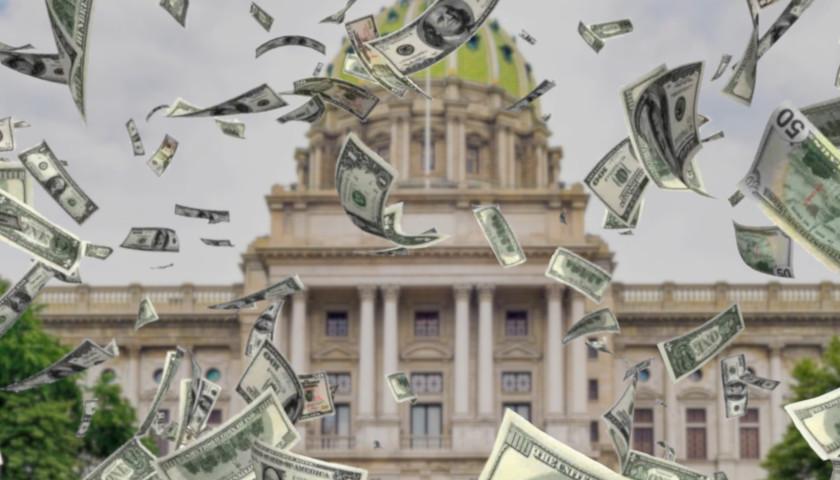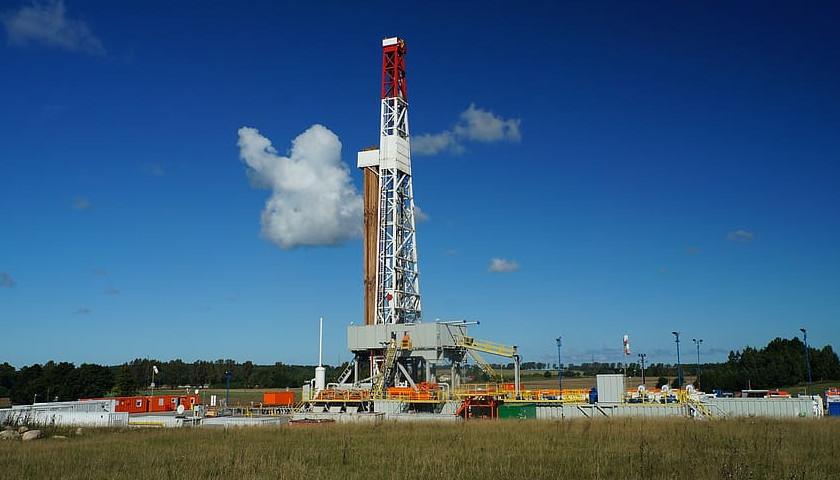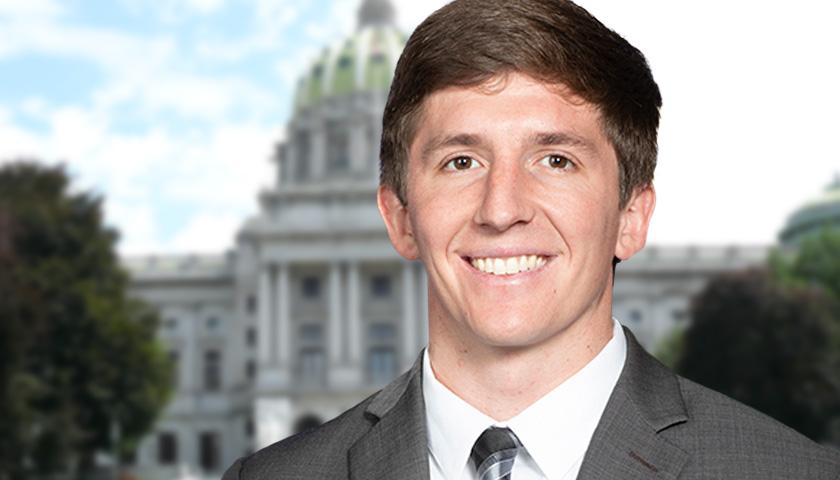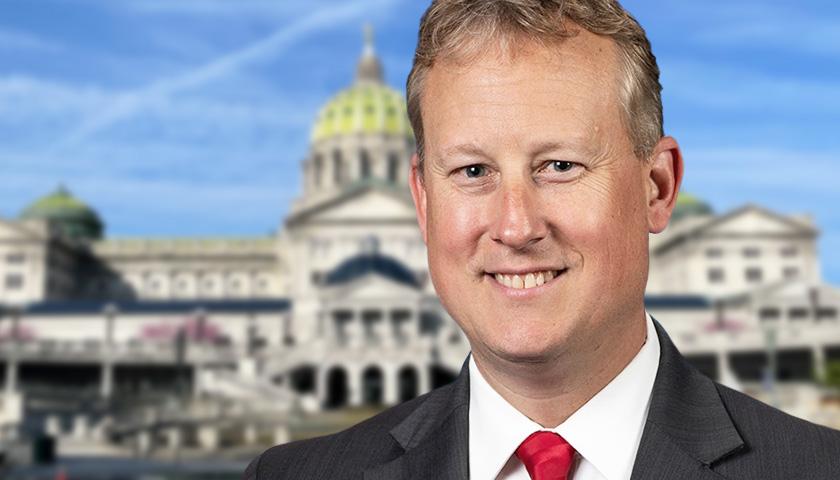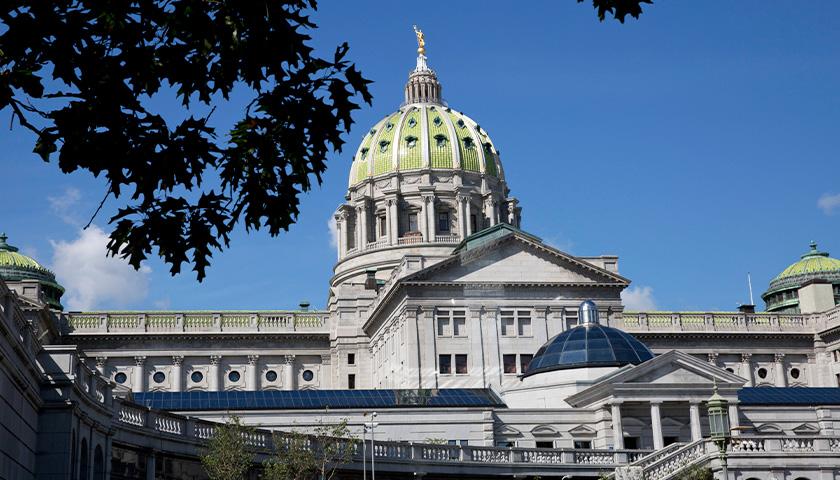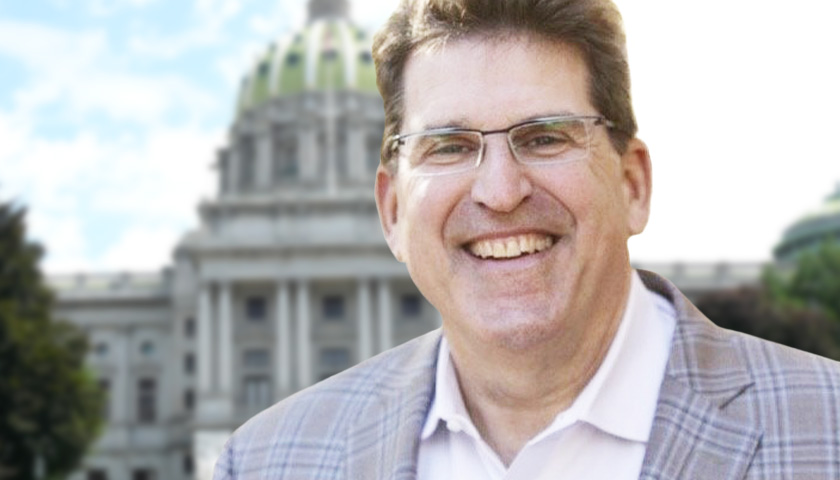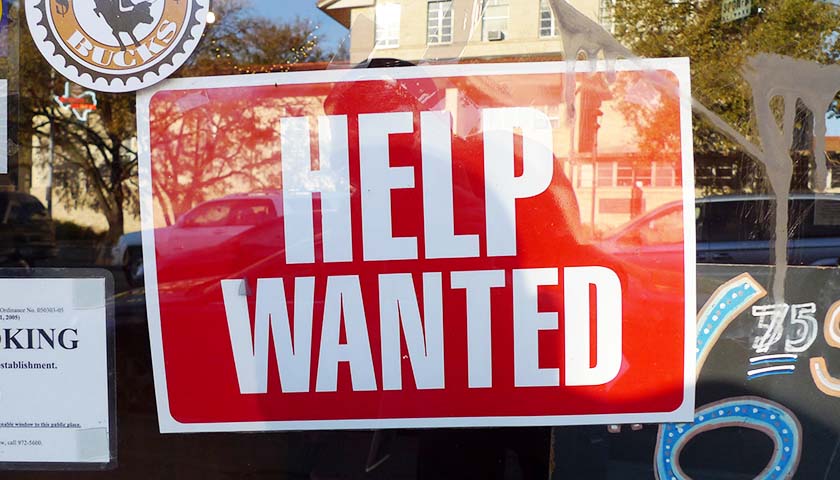The use of tax credits and state subsidies has grown significantly in recent years, and the trend is expected to intensify in the near future.
A report from the Independent Fiscal Office noted that Pennsylvania awarded $857 million in tax credits in fiscal year 2022-23, and the IFO projects that $1.23 billion will be given away in 2023-24.
Read More
